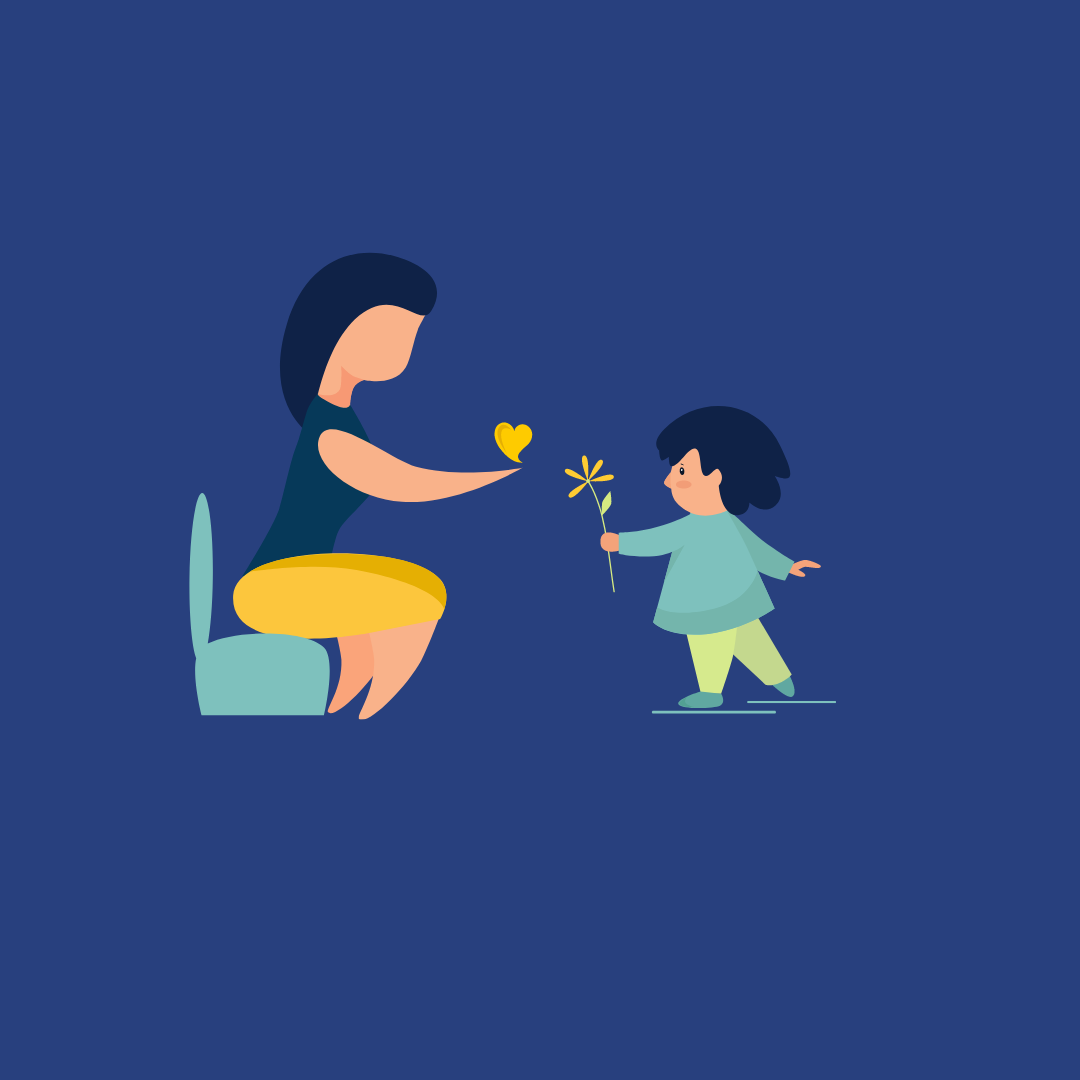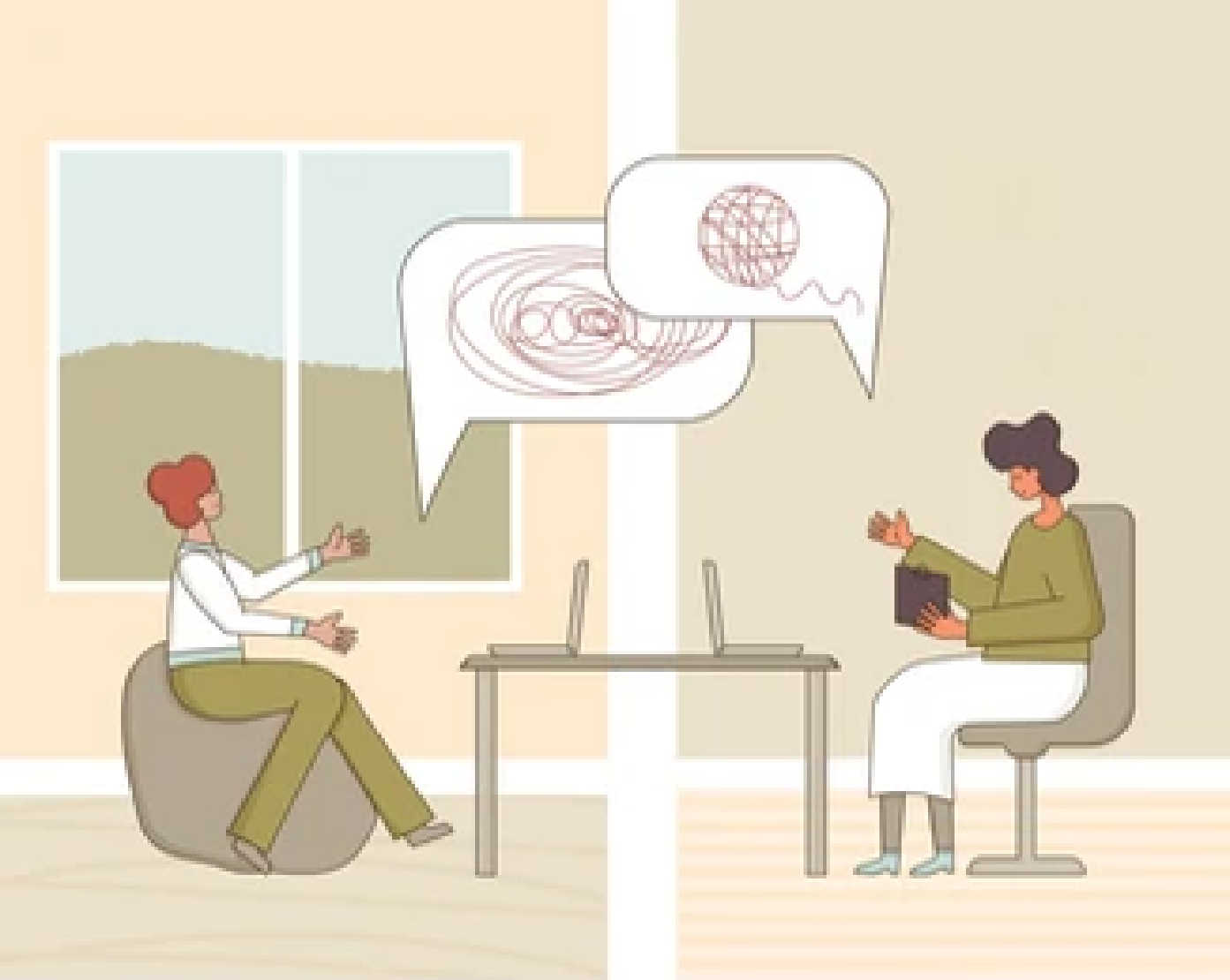
UNDERSTANDING THE DIFFICULT OR UNREASONALBLE CLIENTS
✓ Being ignorant about life brings various by-products like rigid belief system, lack of
emotional intelligence, lack of self-understanding, being non-agreeable.
✓ Specific features or characteristics
1. No flexible or open mind – these types of clients don’t listen to themselves and
others too. They don’t listen to their inner voice and dialogues.
2. Difficulty in finding a proper relationship – complaints with every relationship.
3. No strong sense of individuality – they are highly influential and get carried away.
4. No humour in life – they don’t understand the humour element and are serious
about every aspect of life.
5. No generation of ideas – these clients need support system or someone to direct
them but will never follow.
6. Other aspects could be delay in gratification, very less patience, no connection
with internal and external nature, less self-awareness.
✓ How can we identify difficult or unreasonable clients?
1. The difficult clients assume therapy is preventive. They feel the problems or
difficulties don’t arise when they see a therapist.
2. These kinds of clients also think that the therapy is exciting and fascinating; being
unreasonable.
3. Therapy is relief. They assume that the therapy will fix the problems. They keep
boulder of expectations, when they are not met, they become dependable.
4. Therapy brings surprises, its magical, whimsical and it’s their assumption. For
them everything is born out of expectations and reflects in the process of
counselling.
5. Therapy is hard work – they believe that the counsellor should work hard to
understand and solve their problem and not simply listen. These clients feel that
the counsellor is not able to align with their problem.
6. Mr/Ms Know All - If they are knowledgeable, they evaluate the counsellor and
give advices in return. Here, the client may not allow the counsellor to
understand his/her life and focus only on giving out gyan. The client would have
enormous knowledge but not experience.
✓ Identifying Unreasonable clients and how to understand them is three level
classifications which are needed to implement with the client to find their
individuality. This will help the difficult or unreasonable client to become a
reasonable client.
1. Interaction – The clients have to talk about their self. The more exercises on self
with help them understand their interests, priorities, preferences to identify
themselves and create a social identity.
2. Diffusion – The client’s energy has to be channelised in a proper way. It is
important to understand where the person is using his intellect, memory and
time.
3. Decay – The term ‘decay’ here refers to the past baggage the client is carrying.
The process of leaving the past and living in the present has to be clearly
communicated with the client.
✓ Few more important points:
➢ Rapport building based on the people from different cultures, background,
language is very important. The psyche of building rapport can be built by
developing cultural intelligence. Body language, assurances and not building
false hopes form scaffolding for the process of counselling.
➢ The counsellor’s intention is not to show their positive side to the client. A
rigid client needs a break to understand how much of the counsellor was
present in his life. Not forcing your idea on to the client is also important.
➢ Every session has a proper beginning and termination with a proper break in
between the sessions.
➢ Mirroring helps the client to understand their potential and has to be
absolute intention of a counsellor.
➢ A geriatric client’s is stubborn, rigid, then they are not aware of their
responsibilities. It is important to give them small activities and helping them
understand their potential within. This helps them to have a healthy
transition from what they have been to what they can be.
➢ Setting up healthy boundaries is an important aspect. Role of the counsellor
should be properly defined. Give assignments to build the client’s strength to
postpone the idea of self-harm. Setting up a survival kit, a bracelet, a chain
helps them to work on themselves rather than coming back to the counsellor.
Be aware of how much it is affecting you. (counsellor).
➢ Knowing psychology is different, demonstrating is different.
➢ If the counsellor is not comfortable with the counselee, it is essential to
terminate the case.
➢ The counsellor has to understand that he his intentions are clear, understand
the inner potential which is reflected on every client.
➢ The counsellor should look after his/her comfort, priorities, preferences and
the skill of processing everything together is assertive skills. Anthargnana and
articulation is important.
➢ Do everything the right way. Bring assertive skills. Peace within ourselves
and harmony with others is all about counselling.





